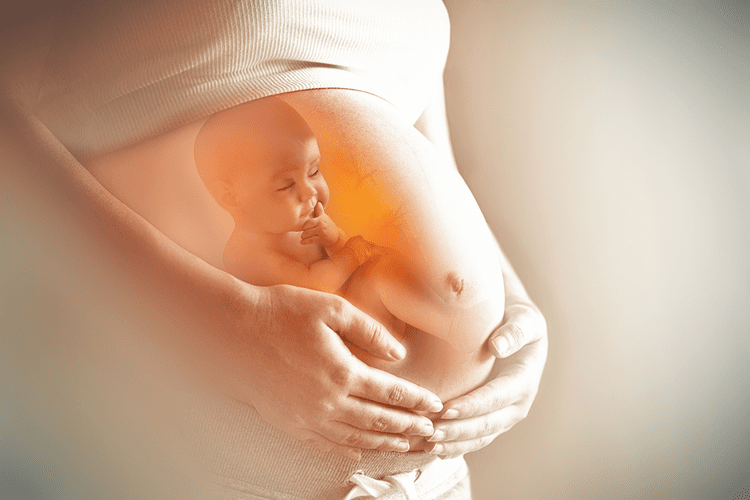Sober living
Alcohol use disorder Symptoms and causes
“Alcohol is a known carcinogen and a risk factor for several cancers including oral cavity, pharynx, larynx, esophagus, rectum, liver, and female breast cancers,” Charlton said in a news conference. Ultimately, problematic drinking can be attributed to multiple social, psychological and biological factors. For those who drink occasionally, these effects on the brain are temporary. With ongoing exposure to alcohol, however, the causes of alcoholism brain finds ways to compensate for the effects — and these changes in brain chemistry can lead to addiction. Members of certain sub-cultures are more likely to engage in alcohol abuse, which in many cases is actively encouraged by other members and seen as a method of gaining acceptance. Many studies have concluded that no single factor has as much impact on whether or not someone becomes an alcoholic as that person’s genes.
What Does Alcohol Do to Your Body? 9 Ways Alcohol Affects Your Health – Health Essentials
What Does Alcohol Do to Your Body? 9 Ways Alcohol Affects Your Health.
Posted: Thu, 15 Feb 2024 08:00:00 GMT [source]
In the later stages, as the condition progresses, patients may report additional symptoms such as nausea or vomiting, hematemesis, abdominal distension, epigastric pain, weight loss, jaundice, or other signs of liver dysfunction. Estimates of the prevalence of alcoholism vary depending on the definition used and upon the methods of estimation. In the United States 10 to 20 percent of men and 5 to 10 percent of women at some point in their lives will meet criteria for alcoholism, depending on the stringency of the criteria employed. These rates are similar to the rates for many countries in western Europe, and the rates are a little higher in eastern European countries.
Water Treatment and Water Treatment Methods
In fact, the consumption of alcohol by pregnant women is the leading cause of preventable birth defects in the U.S., and it can cause a particular constellation of problems called fetal alcohol syndrome. Women who have alcohol use disorder may benefit from treatment with medications and behavioral therapies, and in general, discontinuation of alcohol consumption during pregnancy improves outcomes for the baby. Friends gather for after-work drinks, spouses have cocktails together for “date nights” or some may just be in the habit of ending the day with a beer or a glass of wine—or two—or more. It can be hard to identify the lines between casual and occasional drinking and unhealthy alcohol use including alcohol use disorder.

Medications, such as benzodiazepines, are given to help control withdrawal symptoms. If necessary, patients may receive intravenous fluids, vitamins, and other medications to treat hallucinations or other symptoms caused by withdrawal. There are gender differences in alcohol-related mortality and morbidity, as well as levels and patterns of alcohol consumption.
Can People With Alcohol Use Disorder Recover?
In fact, children of alcoholics are four times more likely than children of nonalcoholics to develop a drinking problem — but genes aren’t the only factor. Deviance proneness theory proposes that individuals with a history of deviant behavior or inadequate socialization during childhood may be more prone to developing an AUD. In this theory, alcohol consumption can become a strategy for self-medication to alleviate symptoms of depression, anxiety, or feelings of worthlessness. Alcohol use disorder (AUD) remains a significant issue in the United States, affecting many individuals. Although the exact cause of AUD is not fully understood, several factors are believed to contribute to its development. These factors include the home environment, peer interactions, genetic predisposition, cognitive functioning, and the presence of certain personality disorders.
- Adverse health impacts and social harm from a given level and pattern of drinking are greater for poorer societies.
- Before you know it, you’re heading to every company happy hour, drinking more frequently and even craving alcohol after a long workday – all warning signs of AUD.
- Essentially, it can be boiled down to the understanding that the potential causes of alcoholism are not well understood.
- If you’re concerned about someone who drinks too much, ask a professional experienced in alcohol treatment for advice on how to approach that person.
- For more information about alcohol and cancer, please visit the National Cancer Institute’s webpage “Alcohol and Cancer Risk” (last accessed October 21, 2021).